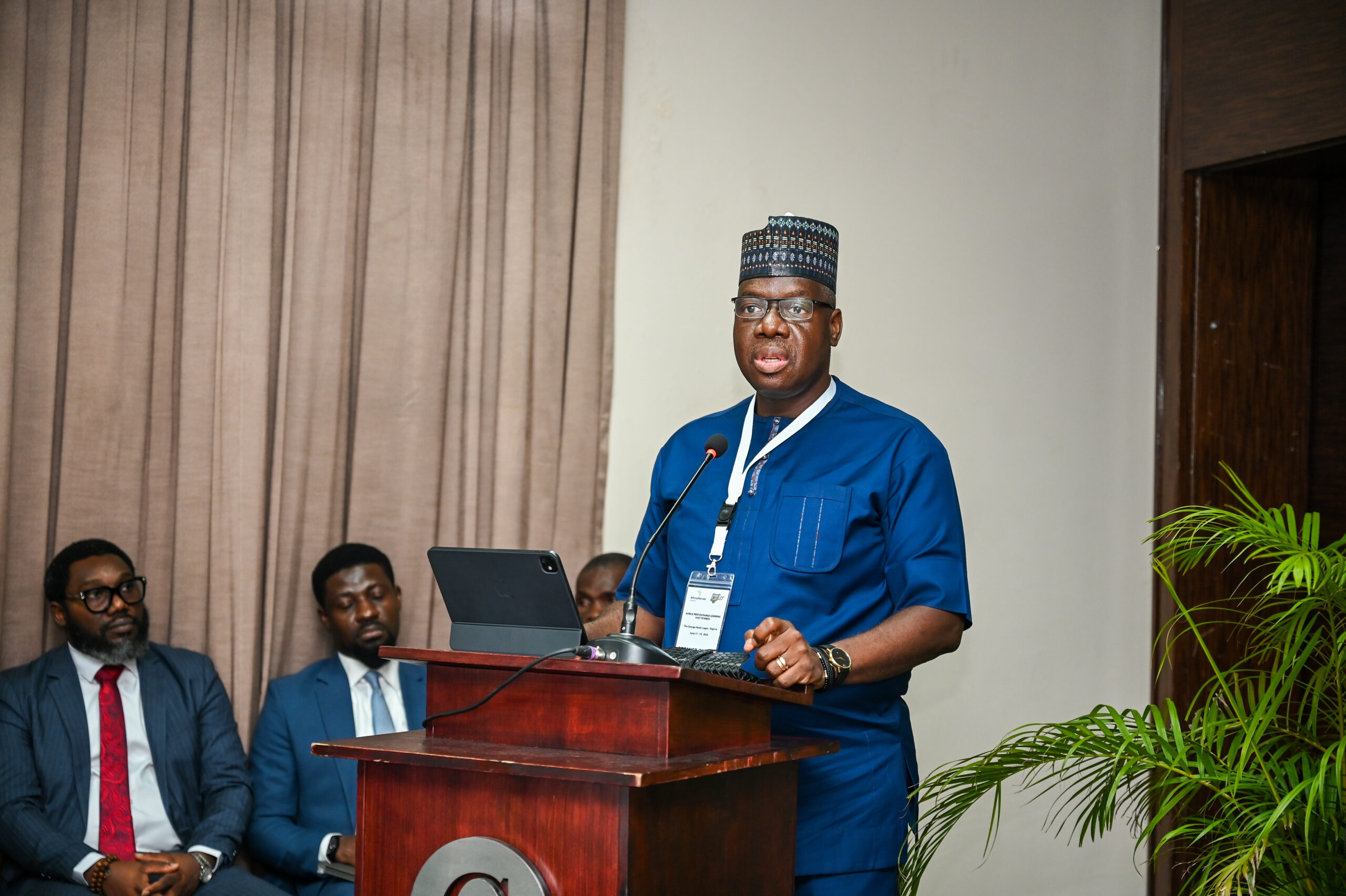Norway Bans New Crypto Mining Data Centers by Fall 2025 to Save Energy
Coin WorldFriday, Jun 20, 2025 8:22 pm ET
![]() 3min read
3min read
The Norwegian government has announced a temporary ban on the establishment of new Bitcoin and cryptocurrency mining data centers. This decision is aimed at utilizing the country’s electricity resources more efficiently. The prohibition on new data centers is anticipated to take effect by the fall of 2025.
Norwegian authorities have expressed concerns over the excessive electricity consumption resulting from cryptocurrency mining. Political leaders in the country note that, although these facilities consume significant amounts of energy, they provide limited benefits to the national economy and local communities. The decision was reportedly taken with the belief that redirecting energy resources to other sectors might serve the nation’s broader interests.
Norwegian Minister of Digitalization and Public Administration, Karianne Tung, stated that the government aims to restrict the growth of cryptocurrency mining within the nation. Tung emphasized that crypto mining does not offer tangible employment or income benefits to local communities and contributes to energy waste. “As a Labor Party government, we have a clear goal to limit cryptocurrency mining in Norway,” Tung said. Additionally, she remarked that cryptocurrency mining is an energy-intensive activity that does not provide substantial jobs or income for the local community.
Following evaluations with representatives from various political parties, it was collectively believed that the ban would generally enhance energy efficiency and benefit other sectors. According to government officials, this decision aligns with Norway’s national interests. The announced ban stipulates that new applications will be halted, though existing cryptocurrency mining facilities will not be directly affected. Rising energy demand and environmental impacts are key reasons for this decision.
The temporary ban is expected to be implemented by the fall of 2025, with public reactions and feedback from the sector likely contributing to the clarity of its details. While the temporary ban adds uncertainty for enterprises and investors in the cryptocurrency and blockchain technology sectors, it also sparks more discourse on clean energy and economic sustainability.
Norway’s new prohibition seeks to channel the country’s electricity resources towards sustainable sectors and improve energy efficiency. Targeting crypto mining due to low employment contributions and high energy use, the decision affects only the temporary cessation of new setups, not existing facilities. This step in the country’s energy policies marks a significant development in reducing environmental impacts and redefining economic priorities.
The ban specifically targets new data centers that use the most power-intensive technologies for mining cryptocurrencies. This initiative is part of a broader investigation by the Norwegian government into the sustainability of cryptocurrency mining practices. The government aims to assess the feasibility of continuing such operations without compromising the region's energy supply and environmental goals. The proposed ban is slated to begin in autumn 2025 and will specifically target new operations employing the most electricity-heavy mining hardware. This approach mirrors global trends, as countries have already begun restricting mining to protect power infrastructure during peak demand periods.
The temporary ban is expected to have significant implications for the cryptocurrency mining industry. Many mining operations have relied on the region's abundant hydroelectric power, which has been a key factor in their profitability. The ban could force these operations to seek alternative locations or adopt more energy-efficient technologies, potentially reshaping the global landscape of cryptocurrency mining. The decision also highlights the broader debate surrounding the environmental impact of cryptocurrencies. As the demand for digital currencies continues to grow, so does the need for sustainable mining practices. The government's move is a clear signal that environmental concerns are becoming a critical factor in the regulation of cryptocurrency mining.
The ban is not without its challenges. Cryptocurrency mining operations are a significant source of revenue and employment. The temporary halt on new data centers could lead to job losses and economic disruptions in the short term. However, the government's long-term goal is to promote a more sustainable and environmentally friendly approach to cryptocurrency mining, which could ultimately benefit the industry and the environment. Electricity allocation will prioritize power for industries with higher socio-economic impact. This supports Norway’s ongoing efforts in renewable energy and carbon reduction. The move sets an example for energy-rich countries balancing crypto adoption with environmental responsibility.
The Norwegian government's decision to pause power-intensive Bitcoin mining is a significant step in addressing the environmental challenges posed by cryptocurrency operations. While the ban may present immediate challenges for the industry, it also offers an opportunity for innovation and the development of more sustainable mining practices. The outcome of this initiative will be closely watched by other regions grappling with similar issues, as the global community seeks to balance the benefits of cryptocurrencies with the need for environmental sustainability.














